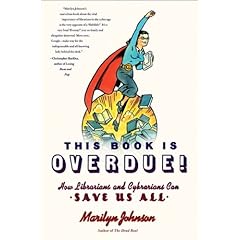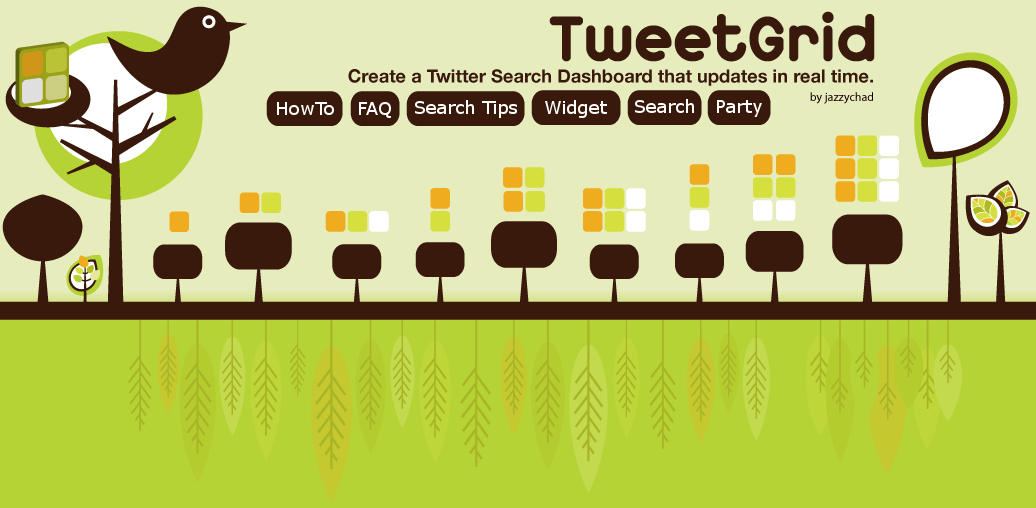From Resource Shelf:
USDA Demonstrates New ‘Food Environment Atlas’ Unveiled as Part of Let’s Move! Campaign
USDA officials today highlighted one of its newest web-based mapping tool, Your Food Environment Atlas, which will enable researchers, policy makers, and the public to find information on a range of factors that affect access to healthy, affordable food, and will allow users to map the data by county.
The map will provide highly detailed information on local food environments and health outcomes, including grocery store access and disease and obesity prevalence.
The demonstration of the new mapping tool follows First Lady Michelle Obama’s launch of the Let’s Move! campaign, a high-priority initiative to address childhood obesity within a generation. The food environment atlas will help to jump-start a national discussion on childhood nutrition, health, and well-being.
(from Food Atlas)
Food environment factors—such as store/restaurant proximity, food prices, food and nutrition assistance programs, and community characteristics—interact to influence food choices and diet quality. Research is beginning to document the complexity of these interactions, but more is needed to identify causal relationships and effective policy interventions.
Objectives of the Atlas:
- To assemble statistics on food environment indicators to stimulate research on the determinants of food choices and diet quality
- To provide a spatial overview of a community’s ability to access healthy food and its success in doing so
What can users do with the Atlas?
- Create maps showing the variation in a single indicator across the U.S.; for example, variation in the prevalence of obesity or access to grocery stores across U.S. counties
- View all of the county-level indicators for a selected county
- Use the advanced query tool to identify counties sharing the same degree of multiple indicators; for example, counties with both high poverty and high obesity rates
Check it out, pretty amazing resource! And, most interestingly, a practical example of Cass Sunstein and Richard Thaler's behavioral economics tool the "nudge". Michelle Obama is employing "nudges" in her LetsMove campaign to reduce obesity in children. (legal scholar Sunstein is a friend of Barack Obama, and currently in charge of the White House Office of Information and Regulatory Affairs. He has also written insightfully about conspiracy theories....a topic Knowbodies will revisit to soon...) Read about nudges at the Nudge blog (another example of a nudge, familiar to us all, is the auto-suggest function found in Google and other search engines!)
















